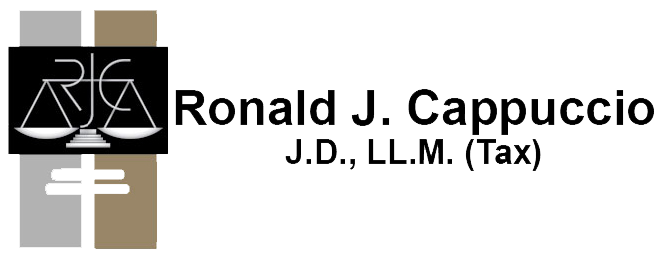WHY 2016 MAY BE AN ESPECIALLY GOOD YEAR TO TAKE BONUS DEPRECIATION
Bonus depreciation allows businesses to recover the costs of depreciable property more quickly by claiming additional first-year depreciation for qualified assets. The PATH Act, signed into law a little over a year ago, extended 50% bonus depreciation through 2017.
Claiming this break is generally beneficial, though in some cases a business might save more tax in the long run if they forgo it. However, 2016 may be an especially good year to take bonus depreciation. Keep this in mind when you’re filing your 2016 tax return.
Eligible assets
New tangible property with a recovery period of 20 years or less (such as office furniture and equipment) qualifies for bonus depreciation. So does off-the-shelf computer software, water utility property and qualified improvement property. And beginning in 2016, the qualified improvement property doesn’t have to be leased
It isn’t enough, however, to have acquired the property in 2016. You must also have placed the property in service in 2016.
Now vs. later
If you’re eligible for bonus depreciation and you expect to be in the same or a lower tax bracket in future years, taking bonus depreciation (to the extent you’ve exhausted any Section 179 expensing available to you) is likely a good tax strategy. It will defer tax, which generally is beneficial.
But if your business is growing and you expect to be in a higher tax bracket in the near future, you may be better off forgoing bonus depreciation. Why? Even though you’ll pay more tax for 2016, you’ll preserve larger depreciation deductions on the property for future years, when they may be more powerful — deductions save more tax when you’re paying a higher tax rate.
Making a decision for 2016
The greater tax-saving power of deductions when rates are higher is why 2016 may be a particularly good year to take bonus depreciation. With both President Trump and the Republican-controlled Congress wishing to reduce tax rates, there’s a good chance that such legislation could be signed into law. This means your tax rate could be lower for 2017 (if changes go into effect for 2017) and future years. If that happens, there’s a greater likelihood that taking bonus depreciation for 2016 would save you more tax than taking all of your deduction under normal depreciation schedules over a period of years.
Also keep in mind that, under the PATH Act, bonus depreciation is scheduled to drop to 40% for 2018, drop to 30% for 2019, and expire Dec. 31, 2019. Of course, Congress could pass legislation extending 50% bonus depreciation or making it permanent — or it could eliminate it or reduce the bonus depreciation percentage sooner.
If you’re unsure whether you should take bonus depreciation on your 2016 return — or you have questions about other depreciation-related breaks, such as Sec. 179 expensing — contact me.
see: http://www.TaxEsq.com
